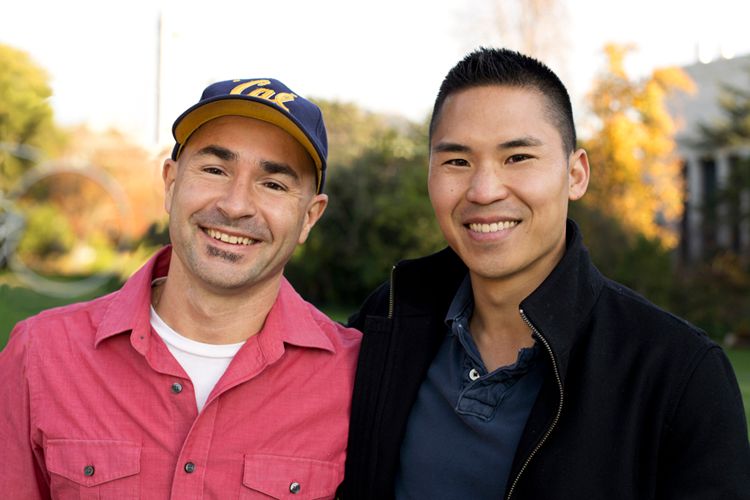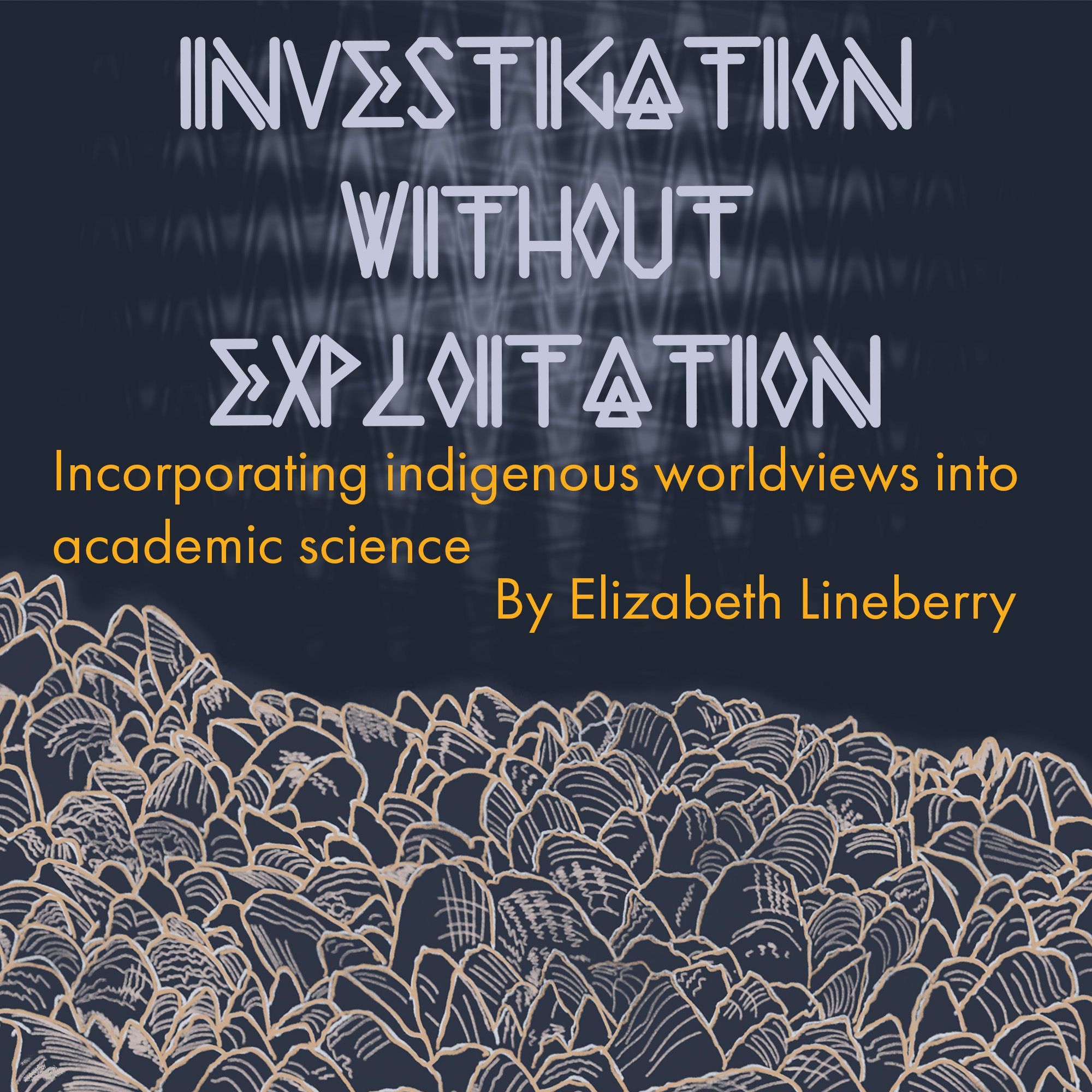
[caption id="attachment\\_10572" align="aligncenter" width="750"][](http://sciencereview.berkeley.edu/wp-content/uploads/2014/02/BSR7.jpg) Sr. Sylvain Costes and Dr. Jonathan Tang, founders of Exogen Biotechnologies. (source)[/caption]
Our cells are regularly bombarded with bouts of DNA damage. Typical rates for double strand breakage, for example, are ten instances per day. While our excellent DNA repair machinery usually maintains the fidelity of our genetic code, this system is not infallible. A number of health problems, including cancer, immunological disorders, and premature aging, have been attributed to mutations and sustained damage. The propensity for unhealthy DNA is largely influenced by genetics, environment, and lifestyle; however, the ways in which these factors affect levels of DNA damage remains an active area of study.
In order to better understand what contributes to the health of our DNA, samples from a huge number of specimens need to be recovered and assessed. Until recently, damage was measured by looking at cells under a fluorescent microscope and manually counting DNA breaks. This approach is not only cumbersome and error prone, but ill-equipped for the purposes of large-scale sampling. However, Berkeley Lab scientist Dr. Sylvain Costes has found a way around this problem. He was able to write an algorithm to automate this process by having a machine scan samples and objectively count DNA breaks. Costes technique was so successful that he decided to launch a biotech startup in 2012, along with colleague Dr. Jonathon Tang, to make this technology available to the public.
Exogen Biotechnologies is currently working to bring this science to the people with its new crowdfunded citizen scientist campaign. Project backers from the US and abroad have the opportunity to receive a kit consisting of three finger prick blood sample devices. Blood is an ideal non-invasive candidate and surrogate tissue for evaluating DNA damage. Citizen scientists collect a sample and login to their account online to register the sample and answer a questionnaire before they send it into the lab. Once the DNA damage is measured, the individual can login to see their results (and download them for free) and compare them to others. Ideally, clients would be able to track what factors influence their overall DNA health and develop a personalized, preventative health care regimen. Notably, Exogen does not provide medical advice and has arranged for an independent Institutional Review Board to provide ethical oversight.
Not only does this campaign provide an opportunity for citizens to exercise active involvement in the scientific process, it also affords professional scientists the chance to collect a large enough data set to begin to better understand how different factors affect our DNA health. Though the project is currently focused on building a database, several medical applications, such as identifying if imaging patients have been exposed to too much radiation, could be soon implemented. Exogen is currently seeking FDA approval as a diagnostic tool.
The future certainly looks promising for Exogen. In less than ten days, the startup was able to raise $50,000 and is now working on its $150,000 stretch goal. Looking at this story from a bird’s eye view, Exogen demonstrates how science can interface with the general public to generate meaningful and empowering data.
Interested in supporting Exogen's campaign? Mosey on over to Indiegogo to find out ways in which you can contribute!



